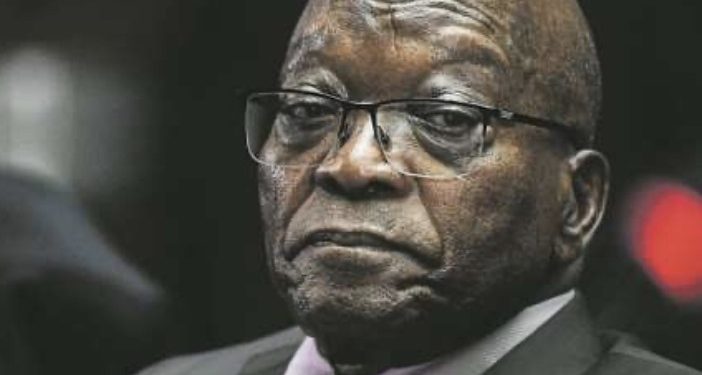Renowned Zimbabwean activist Rutendo Matinyarare recently voiced his concerns on social media, shedding light on the tumultuous legacy of former South African President Jacob Zuma. Matinyarare’s statements aimed to emphasize what he perceives as the dark side of Zuma’s tenure, linking the former president to a series of controversial incidents that marked his time in office.
Matinyarare began by referencing the Marikana massacre, a tragic event during Zuma’s presidency where police opened fire on black miners. Contrary to popular belief, Matinyarare argued that it was not the result of white monopoly but rather the actions of Zuma’s police force that led to the loss of lives in Marikana.
Highlighting Zuma’s foreign policy decisions, Matinyarare pointed out that the former president’s government voted for a No Fly Zone in Libya, ultimately contributing to the demise of leader Muammar Gaddafi. This decision, according to Matinyarare, underscored the international ramifications of Zuma’s leadership.
The activist also drew attention to the incarceration of Fees Must Fall students by Zuma’s police, linking the president to the suppression of student protests during his time in office. Furthermore, Matinyarare mentioned the unfortunate death of Andres Thathane under Zuma’s administration, raising questions about the circumstances surrounding the incident.
Xenophobia, a pervasive issue during Zuma’s presidency, was highlighted by Matinyarare as another dark chapter. He asserted that Zuma’s era saw the worst instances of xenophobic violence, with many black foreign-owned businesses experiencing a decline in opportunities and, eventually, a complete lack of work.
Matinyarare concluded by suggesting a pattern in Zuma’s governance, connecting the dots between various controversial events that occurred under his leadership. As his statements circulate on social media, the activist’s critique of Zuma’s legacy adds to the ongoing discourse surrounding the former South African president’s time in office.






















